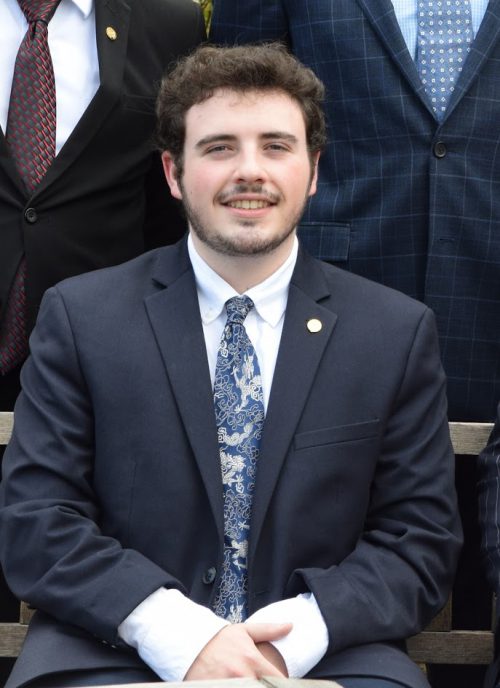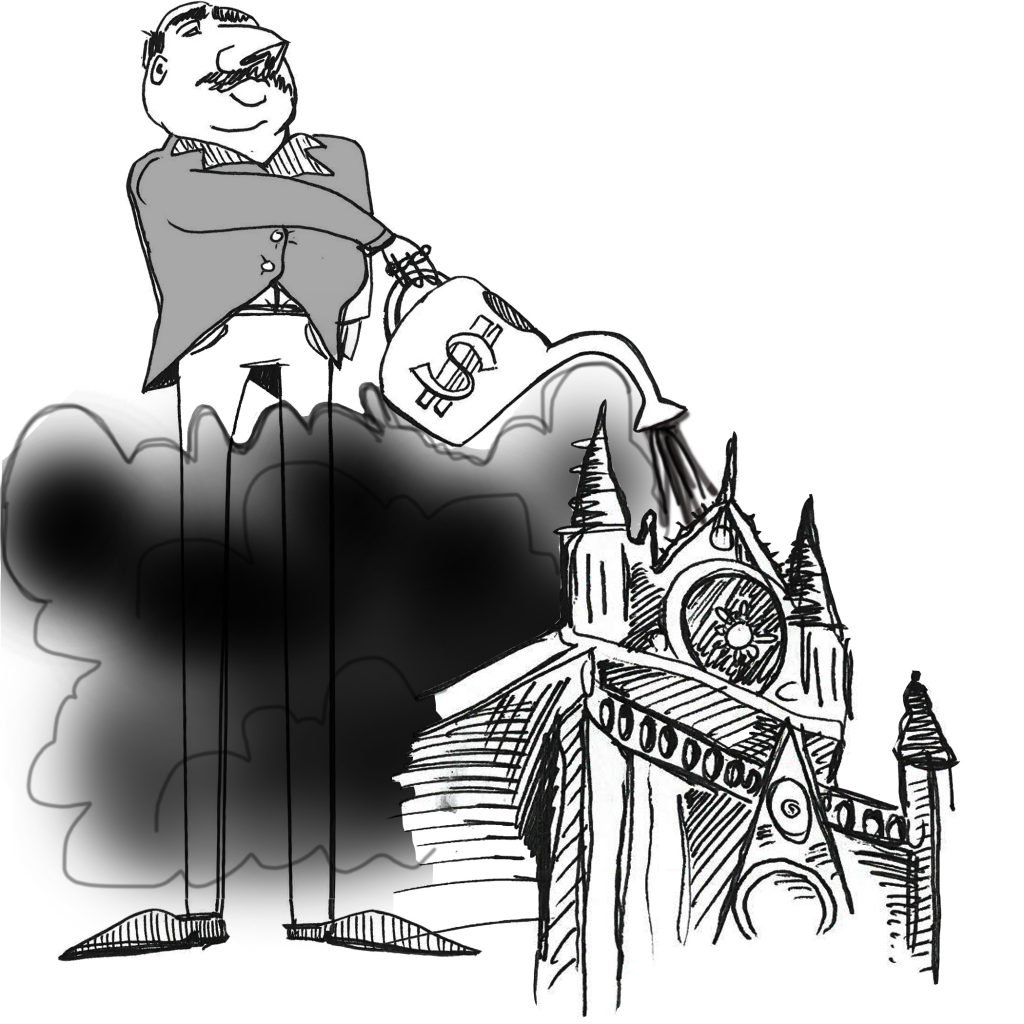Featured Image: Christian Palmisano | Courtesy
Adam’s Law was borne out of a horrific incident of hazing, in which Virginia Commonwealth University freshman Adam Oakes died of alcohol poisoning as the direct result of pressure from members of a fraternity.
Since his death, many have fought valiantly for hazing to become considered a more serious crime, with more serious penalties. But the manner in which the law was written has had consequences that go beyond addressing the problems of hazing, harming those who wish to join any student organization, not just fraternities or sororities, where hazing is more likely to occur.
One of the main faults of this section of the Virginia State Code and the way in which it has been implemented is that the term “student organization” seems to exclude athletic organizations on campus, an environment where a student is more likely to come into contact with hazing than other student organizations.
Another criticism of the language of the law is that the term “student organization” can include such academic memberships as honor societies. One is much more likely to experience behaviors that constitute the legal definition of hazing in an organization like a fraternity/sorority or a sports team than an honor society, which often have meetings that are held and attended by professors and members of faculty.
To hold these organizations to different levels of scrutiny, especially when honor societies are held to a higher standard of responsibility when it comes to hazing training than athletic associations, seems negligible when it comes to tackling the problems represented by the presence of hazing on campus.
It is somewhat dishonest of this institution to claim on its tours and in its advertising that student organizations are easy to found and subsequently run when such barriers to the creation and function of those student organizations exist on college campuses.
The way in which the law is written and implemented does less to counter the problems associated with hazing and more to prevent college students from getting involved on campus. I would like to see more done at every level of this institution to change the wording of this section of the Virginia State Code, so that the state and institutions of higher education still do their best to crack down on offenders and prevent hazing in the first place, while simultaneously encouraging the growth and health of its student organizations, including Greek life, athletic teams, both varsity and intramural/club, honor societies and other organizations that students seek to create for their own and others’ enjoyment.
College students and their families should be able to expect a safe environment on campus, but they should also be able to share in their academic and recreational pursuits while attending a college or university.
- 23.1-820 of the Virginia State Code states that:
Each institution shall provide to each current member, new member, and potential new member of each student organization with new members hazing prevention training that includes extensive, current, and in-person education about hazing, the dangers of hazing, including alcohol intoxication, and hazing laws and institution policies and information explaining that the institution’s disciplinary process is not to be considered a substitute for the criminal legal process. If a student organization with new members has an advisor, such advisor shall receive such hazing prevention training.
Christian Palmisano is a junior History major. He is involved in Ethics Bowl and enjoys reading in his free time. He can be contacted at clpalmisano@vwu.edu.
By: Christian Palmisano

